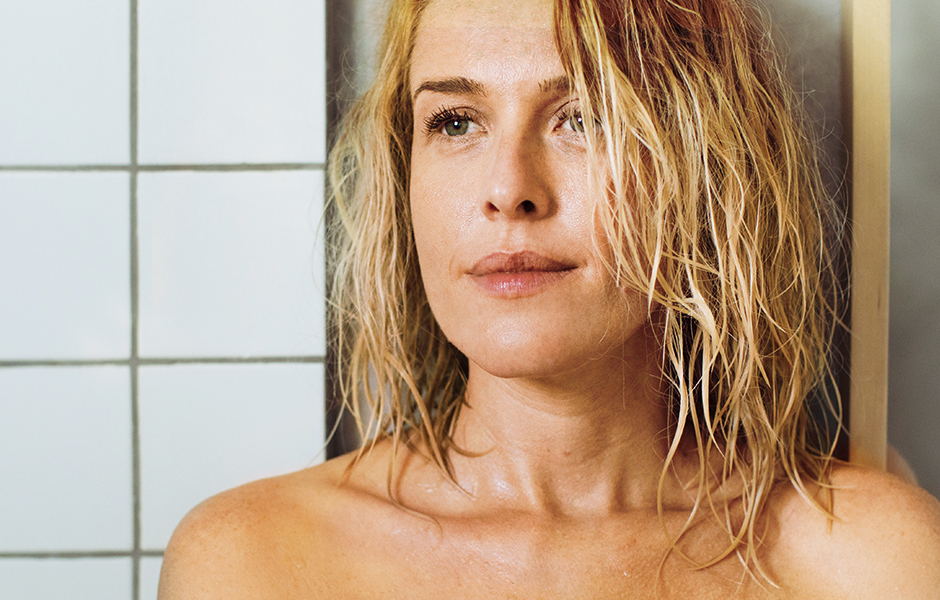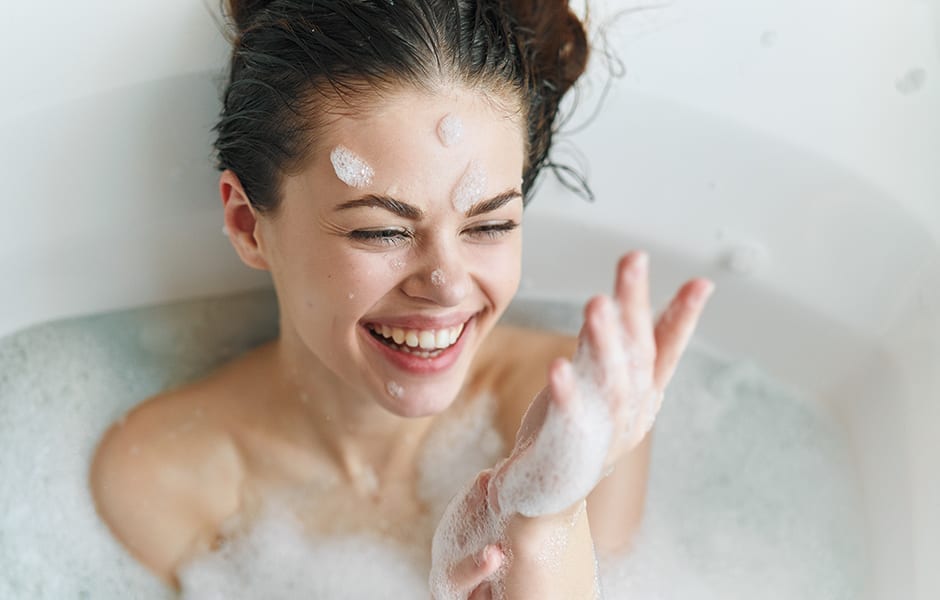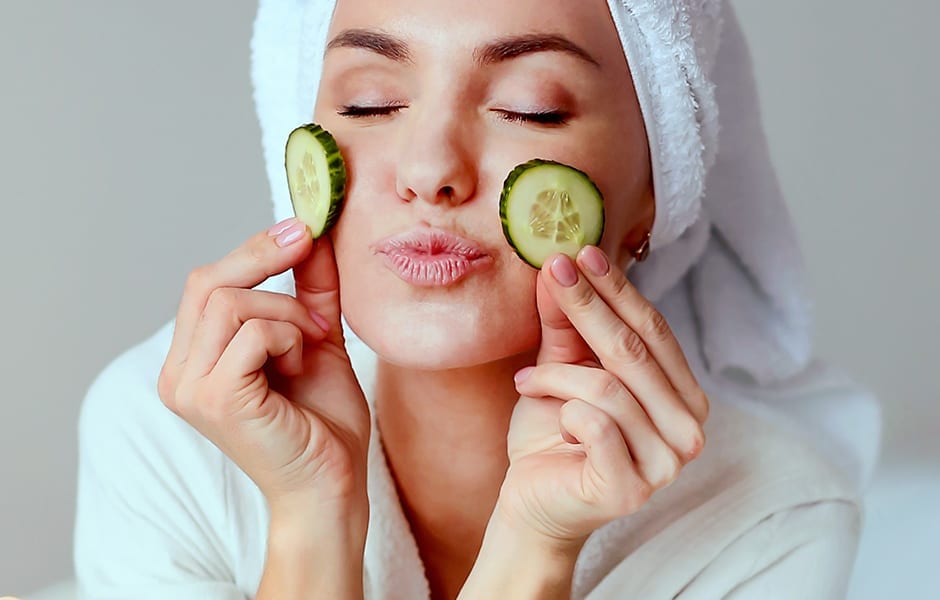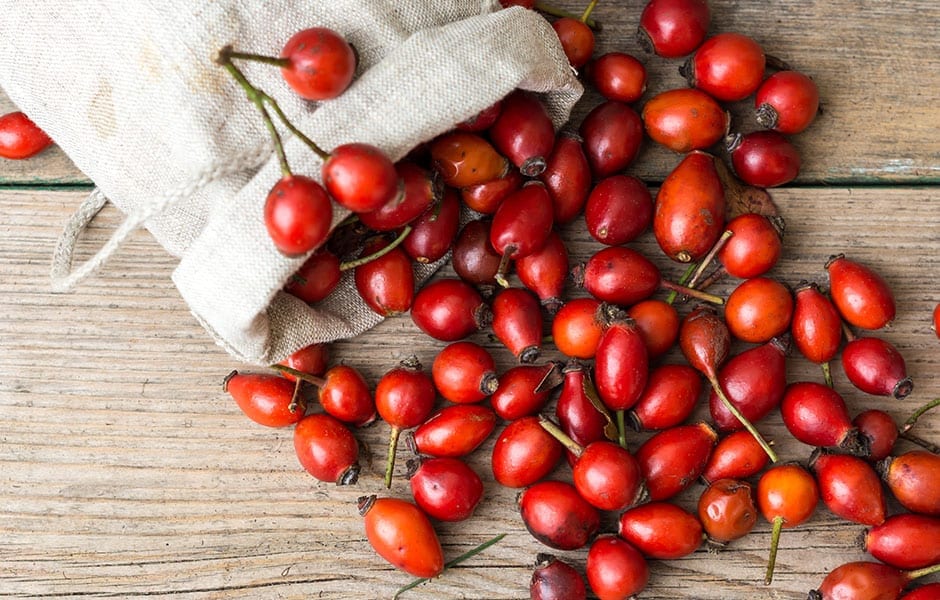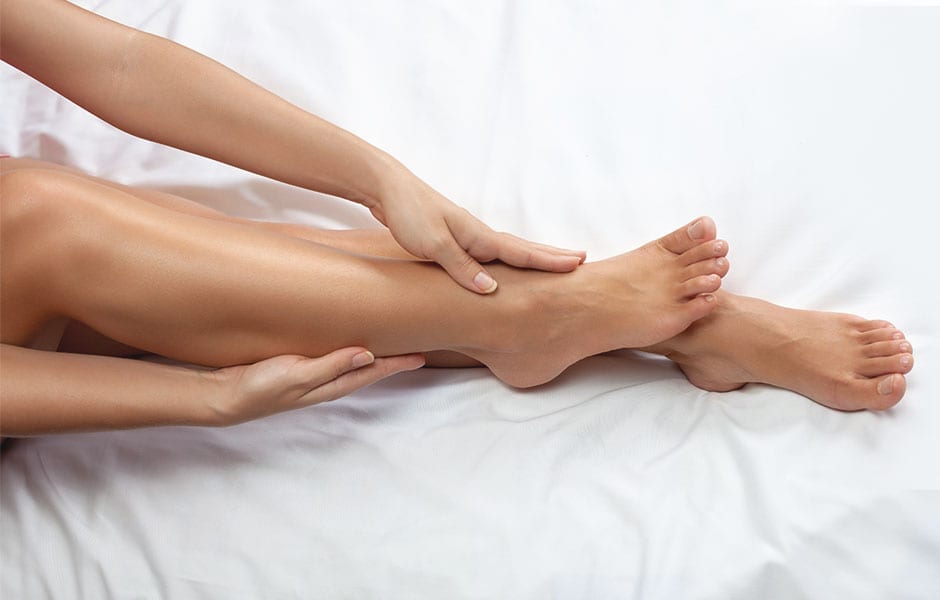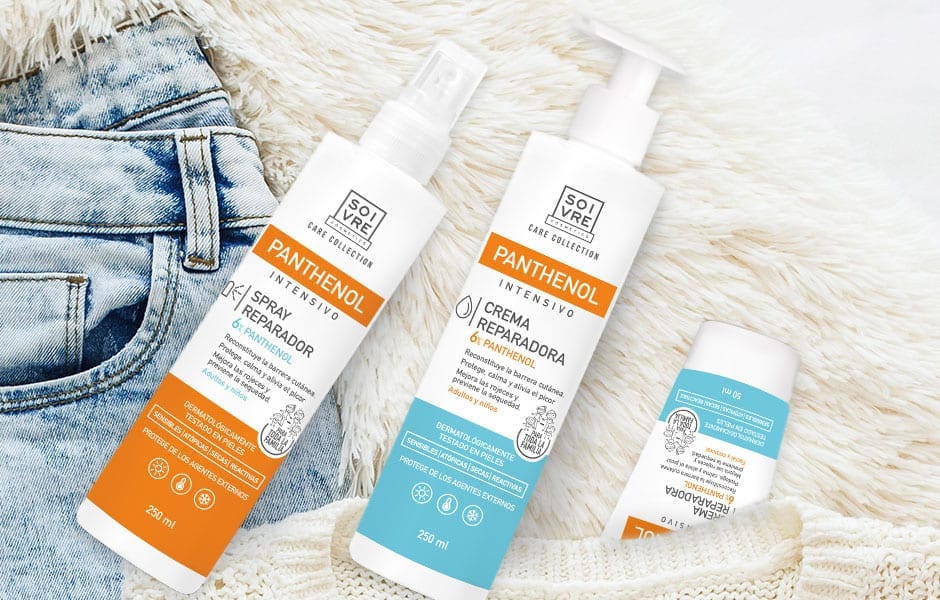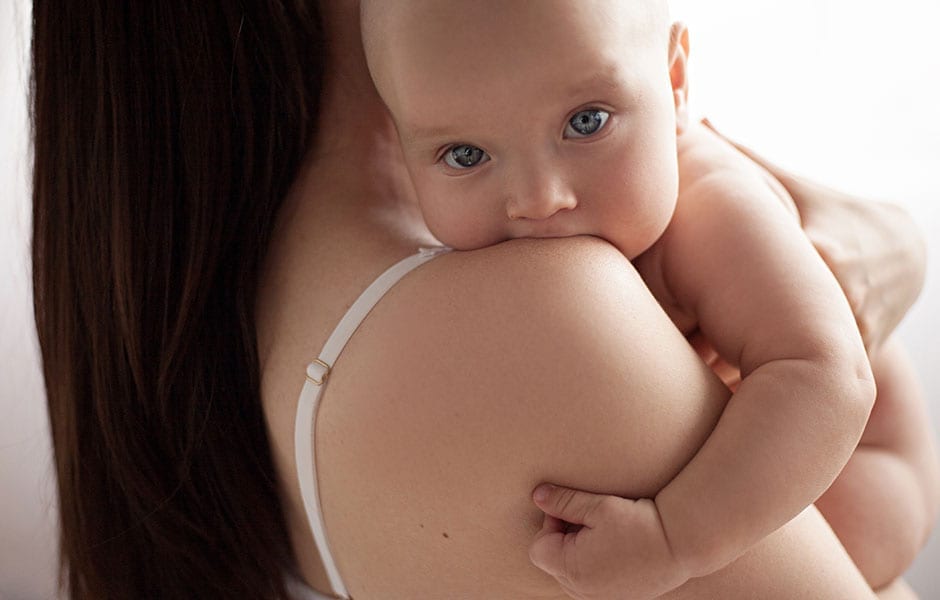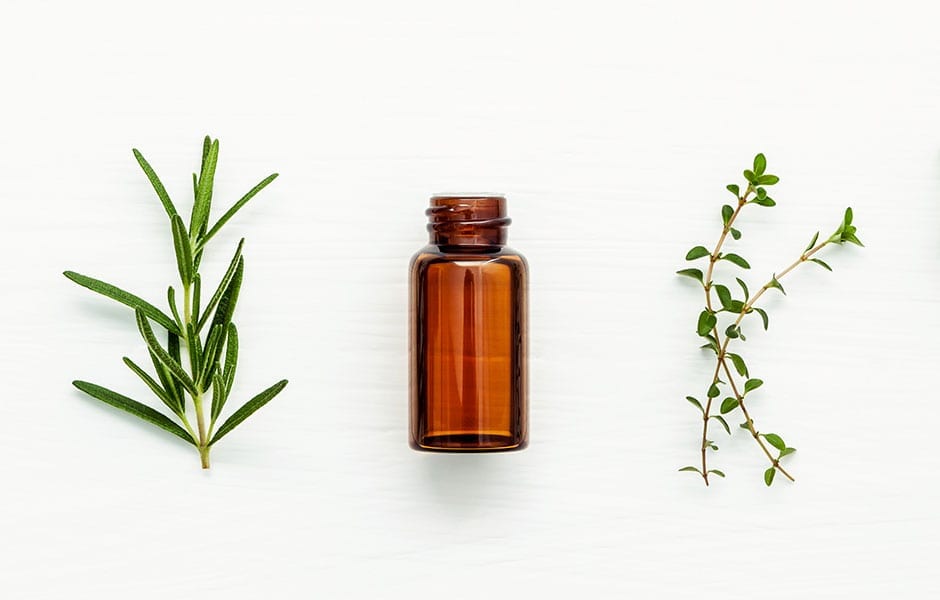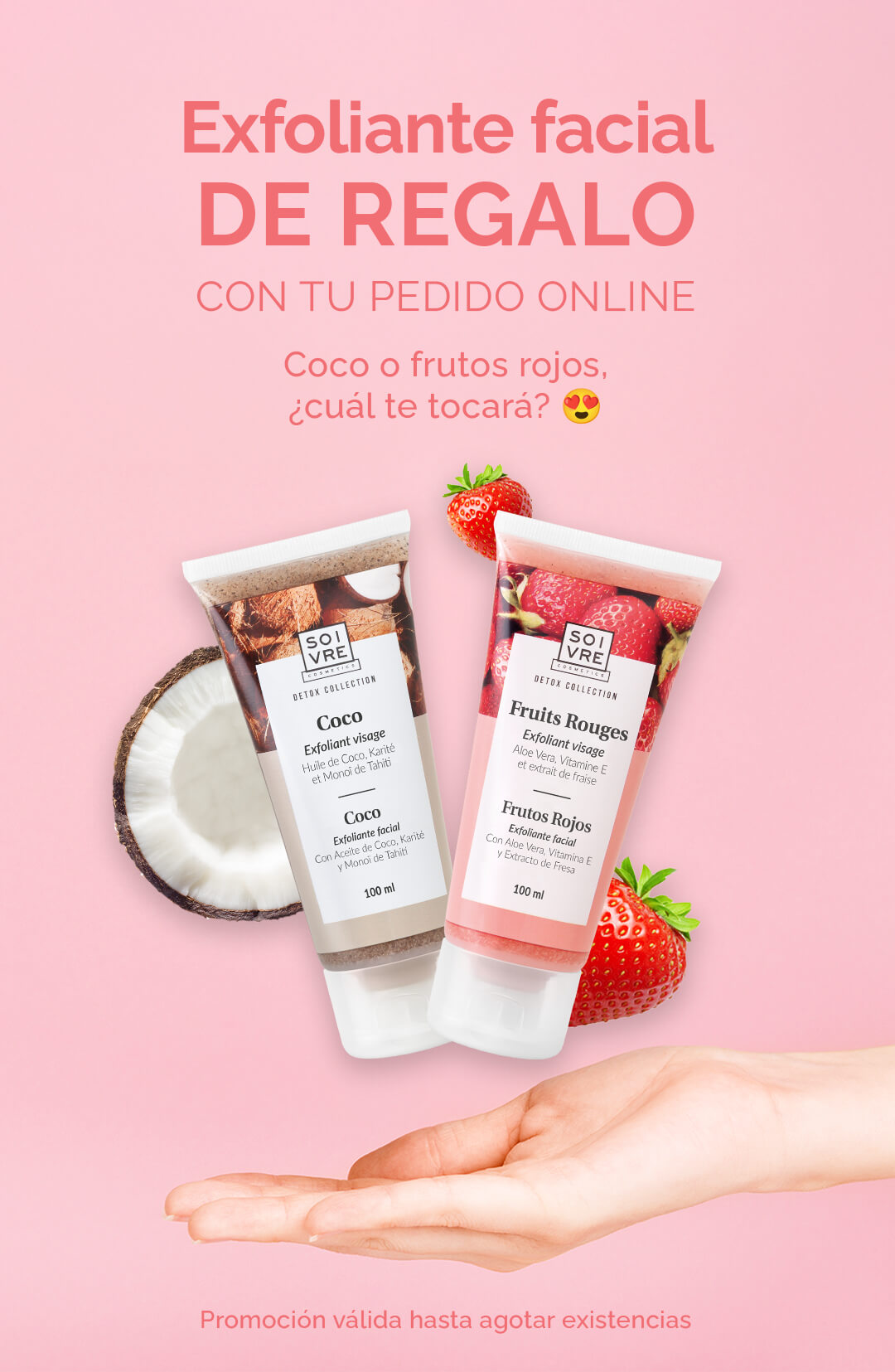Vaginal dryness in menopause is a common problem in women's health.
40 % of Spanish women in menopause suffer from vaginal dryness.as documented by several research studies.
This problem is exacerbated during the summer by excessive heat. It also brings with it discomfort such as itching, irritation, vulnerability to opportunistic infections and discomfort during sexual intercourse.
To combat vaginal dryness in menopause there are many options such as intimate oils of natural originWe are going to talk to you about it... Today we are going to tell you about it.
Let's start with the causes of vaginal dryness.
Menopause and vaginal dryness: the source
Why does vaginal dryness usually start after the age of 40?
The reasons are physiological. As we get older, ovarian activity decreases. The production of hormones (oestrogen and progesterone) in the ovaries decreases. This leads to significant changes in the female organism:
- menstruation becomes irregular and gradually disappears;
- the vaginal mucosa becomes thinner and loses elasticity;
- the vaginal mucosa is more sensitive and easily irritated;
- the likelihood of infections becomes higher;
- the external genital tissue is reduced;
- the space at the entrance to the vagina narrows and becomes more rigid;
- decreases blood circulation in the vaginal mucous membranes and therefore the vaginal mucous membranes show signs of dehydration.
If you have noticed these changes during the menopause, do not worry too much. This is normal for adult women. And we have many alternatives to mitigate these problems.
And I digress to point out that vaginal dryness can also occur in young women and women of childbearing age. Once we have these complaints, and regardless of our age, the following tips can help us.
[Tweet "#vaginal dryness can also occur in young women and women of childbearing age"].
Tips to relieve vaginal dryness in menopause
To start with, it is important to visit your gynaecologist at least once a year. A professional follow-up will keep your mind at ease about your genital health. Any problems detected early are easier to fix.
TO IMPROVE VAGINAL HYDRATION IN A NATURAL WAY WE RECOMMEND:
- Drink plenty of water daily. It also improves the hydration of your whole body, not just the intimate areas.
- In sexual relations we advise you to encourage foreplay. Let your imagination run wild and take your partner with you to that space of peace and pleasure. You can prepare the room with scented candles and soft music. Extend the times of mutual caresses and massages so that you can lubricate yourself more. Sometimes the worst enemy of relaxation is the mind, which keeps flowing in other occupations and escapes from the present. So create an environment that is conducive to relaxation and predisposes you to enjoy the encounter with your partner. Settle into the 'here' and the 'now'.
IF YOU NEED EXTERNAL HELP FOR BETTER VAGINAL HYDRATION:
Intimate oils: the best intimate oils are those that have balanced blends of various oils with antiseptic, nourishing and moisturising properties. Intimate oils made from natural oils such as tea tree oilwheat germ oil, calendula oil, chamomile oil, oregano oil, avocado oil and apricot kernel oil are very suitable for the care of the female intimate area.
Water-based moisturising gels: are odourless, non-staining and easy to clean. The simpler and more natural the composition, the better for your vaginal health.
Vaginal moisturising gels based on liposomes: Liposomes are small microspheres that store water inside and then slowly release it. In this way, they ensure vaginal hydration over a long period of time.
By the way, Lara Castro -psychologist and sexologist at the Institut Gomà and director and founder of the blog Pleasure with Sense- spoke a few weeks ago in his blog about our Intim Oil detailing in her article the benefits and results obtained after trying it and recommending it to a patient with lubrication difficulties. Do you want to know her opinion? You can read it by clicking here here.
[Tweet "Intimate oils based on natural #aceites are very suitable for the care of the female intimate area"].
HYGIENE AND CARE MEASURES FOR THE FEMALE INTIMATE AREA AT ANY AGE:
- Wash the intimate area with specific soaps. Ideally, they should have a pH equal to 3.5. Your natural pH in that area is between 3.8 and 4.5. If you are very sensitive to soaps, use only water.
- Many of us like attractive smells. Sometimes we become obsessed with applying perfumes and intimate deodorants that are unnecessary. The chemistry of perfumery is aggressive and alters our vaginal flora. Avoid these substances and trust that proper hygiene in a healthy body does not generate unpleasant odours.
- Intimate apparel is better if it is cotton and white spotless. Some women are sensitive to artificial fabric dyes and don't know it. On the other hand, no matter how sexy you think dental floss is, it sometimes irritates the vaginal mucosa due to the constant rubbing of the fabric. Welcome wide knickers, without tight garters and that allow you to breathe comfortably. And at night, when you go to sleep, it is advisable to sleep without underwear!
- Change your underwear frequently. If your underwear becomes damp from sweat or urine, it should be changed immediately. In this way you avoid the proliferation of bacteria that cause strong odours.
- Pubic hair removal also maintains better hygiene. This reduces sweating and keeps the genitals more ventilated.
- Avoid tight-fitting clothes in the intimate area. Lack of circulation in the genitals may be the cause of vaginal dryness and increased vulnerability to infection.
[Tweet "The chemistry of perfumery is aggressive and alters our #floravaginal"].
Foods to relieve vaginal dryness in menopause
As mentioned above, reduced hormone production is the main cause of vaginal dryness in menopause.
There are foods that wake up your hormone production naturally. A few small changes to your diet can offer significant results.
It is advisable to include the following products in your diet (organic, whenever possible): eggs, onions, garlic, cabbage, cauliflower, broccoli, alfalfa, turnips, radishes, Brussels sprouts, watercress and mustard seeds.
You can also add soya products (soya milk, tofu, miso yoghurt, tempeh), as well as rye, lentils, almonds, corn, apples, peanuts, oats, fennel, citrus fruits, celery and seaweed.
[Tweet "Reduced hormone production is the main cause of vaginal dryness in #menopause"]
There are hormone-containing foods that do not support natural hormone production as much as xenoestrogens. Xenoestrogens are defined as substances outside the body that have an oestrogenic effect, such as pesticides, plastics, industrial compounds and certain pharmaceutical drugs. As their molecular structure is very similar to that of oestrogens, they bind to the cells of your body. They thus obstruct our natural hormone production. This is why a diet of organic products is so important.
Other foods that do not contribute to the healthy functioning of the body are saturated fats, sugars, dairy products, as well as coffee, tea, chocolate (in excess) and bottled soft drinks.
Before making any drastic changes to your diet, let a doctor examine you and report on your hormone level. Also ask if you need nutritional supplements. No matter how careful we are with our diets, today's lifestyles are not conducive to eating all the nutrients we need. Vitamin and mineral supplements will keep your body healthier.
Well, we hope these tips will help you combat vaginal dryness if you suffer from it. If you'd like more information or have any questions, feel free to comment below. We'll get back to you right away. :-)




